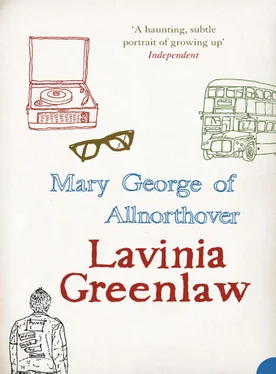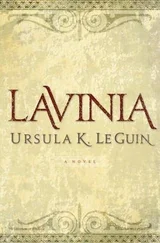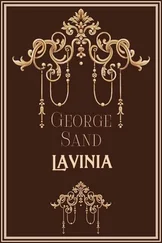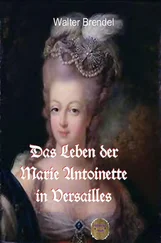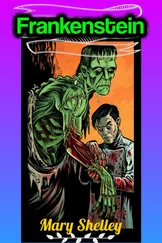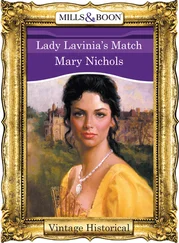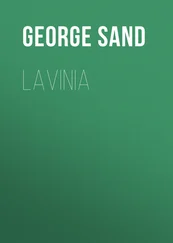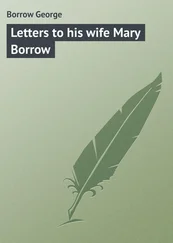1 ...6 7 8 10 11 12 ...16 There was a filing cabinet of paperwork Matthew had left: old contracts and invoices for barn conversions, extensions and conservatories; rejected designs in concrete and glass for Havilton New Town; the chalet design they had worked on together for the holiday camp at Crouchness. Christie had also found some of the pamphlets Matthew had designed for Stella’s business: beige card printed with droopy chocolate-brown art nouveau script and edged with flowers. She had begun dealing in Victoriana when she came to clear out her parents’ home and decided to get rid of the dark, glossy, intricate clutter she had always hated. In doing so, she had discovered a market among London dealers for lace antimacassars, cameo brooches, fur tippets, kid gloves, jet beads, fish knives and sherry glasses.
When Matthew’s great-aunt Alice Spence died in the house she’d lived in for sixty years, Stella made her sons an offer. From there, she’d gone to auctions, placed small ads in local papers and people had just got in touch. She expanded into forged ironwork that was made to order by the son of Allnorthover’s last blacksmith, as the leaflet said – weathervanes, firescreens and flower-pot stands. When the dairy in the High Street closed down, Stella leased the premises and opened her shop, Hindsight, scrubbing out the abandoned churns and standing them by the door full of corn sheaves and dried flowers. The churns were still there, and now people kept trying to buy them. These days Stella was selling jazzy Twenties ceramics, framed prints of adverts from the Thirties and Forties, and enamelware.
Tom came down, tracing the wiring that was tacked along the side of the stairs. He followed it across the wall to the fusebox and from there to the clutch of switches by the door. He went over to the kitchen and pulled each plug from its socket, for the cooker, the kettle and the toaster, and put them back in again.
‘I’ve brought you something to keep you busy.’ Christie waved an arm at a heavy old wireless. ‘You were the only person that could make that cantankerous old thing behave, so I kept it for you.’ Tom knelt beside the wireless and ran his hand over the blistered veneer and the dusty cloth that covered the speaker – tiny red and cream diamonds, like material for a dress. The dials had yellowed and their grooves were worn smooth. ‘I kept this, too,’ Christie reached into one of the carrier bags and handed Tom a battered tin box. Tom opened it and began sorting through his tools. They were intensely familiar. Either he had always remembered the exact shade of blue paint and the shapes in which it had worn off the wooden handles of his pliers and screwdrivers, or they were reminding him of their long existence. The soldering iron weighed exactly in his hand, the cold heavy handle, the hard dullness of its colour, the bitter smell. Solder, fuses, batteries, bulbs and coils of copper wire all impressed themselves upon him, giving the pleasure of something not thought about for years, and then entirely and vividly remembered.
‘How … therapeutic.’ It was the first joke Tom had made since coming home.
‘You’ll be wanting hospital food next!’ Christie laughed, encouraged now and sure that his decision to keep Tom close by, to help him set up alone, was right. He was safe in the village, where everyone knew him, and near enough to the water to have to accept it in the end. Christie had explained this to Stella. She was concerned for her daughter but the girl had just got caught up in Tom’s grieving.
Even alone in an old building he’d always known, Tom couldn’t sleep. He got up, unplugged everything, plugged it all in again, opened the back of the wireless and then, looking at its circuitry, felt tired and went to lie down. The thing had leaked memories of times when it had been his head that had buzzed and crackled, as if badly tuned, when it had picked up what appeared to be fragments of different stations: a woman singing a single verse of a song over and over; the Morse Code SOS of a sinking ship; a man repeating the same joke: ‘What did the mouse say when it saw a bat? Look, an angel!’; the thin, high endless laugh of someone who was exhausted and wanted to stop. His mother had held his head and stroked it in long lines till the noises were gone. She’d called it ‘ironing out’.
When Christie let himself into the Chapel the next morning, he found Tom lying on the mattress. He was shaking so badly, he couldn’t speak. Christie helped him down the stairs and walked him the few hundred yards along the High Street to where Dr Clough was just opening up for the Saturday morning emergency surgery. There were half a dozen people waiting already and they filed into the tiny waiting room where Betty Burgess, the old doctor’s wife who still acted as receptionist, took their names. The wooden chairs ranged around all four walls of the room were filled by those waiting. The room was so small that those opposite one another were almost knee to knee. When Dr Clough called Tom’s name first, nobody objected.
Half an hour later, the doctor appeared in the waiting room without Tom and asked Christie to step outside. ‘I don’t have his complete records yet, only a note of what he’s supposed to be taking. Why did the hostel let him go?’
‘It was up to him, wasn’t it?’
Dr Clough was an elegant figure with a cool manner and hollow good looks. He had arrived in Allnorthover a few months earlier and was already known as Dr Kill Off.
‘He just needs his pills, Doctor. He forgot to bring any back. They always did stop his shakes and help him sleep.’ Christie couldn’t have a brother of his going back into the bin, not again. ‘We can manage.’
Dr Clough’s face was expressionless. ‘He can have his pills, but you are to see that he takes them and I won’t give him enough of anything to hurt himself. He shouldn’t stay alone for the next week. I want to see him here on Monday morning to discuss further treatment. You must be glad that your brother’s home, Mr Hepple, but that doesn’t mean it’s the best place for him.’
Christie flushed, shocked at the doctor’s bluntness. Old Doctor Burgess had made every exchange seem like a chat over tea. He had asked after the family, even the dog, and had never said Tom was anything more than ‘over excited’ while suggesting pills might help as offhandedly as if they were vitamins. And he’d got Tom the best specialist help: an expert in Camptown. When Dr Burgess retired and the surgery moved from his front room to the old coach house, he had put forward Christie for the conversion. It seemed strange that such a man had recommended this new doctor but then again, once he’d retired, Dr Burgess had all but withdrawn from village life, resigning from the Parish Council, threatening not to run his bottle stall at the Fête and barely stopping to greet people in the street. Betty was working out her notice. There was talk of a new life: a boat or a caravan.
Christie followed Dr Clough back inside to wait with Tom while the doctor unlocked a cupboard in his dispensary and poured two different types of parti-coloured capsules, brown and blue, red and white, through his pill-counter. He scooped them into glass bottles and wrote detailed labels.
‘Two of these each morning and two of the others at night. It’s all written on the labels but it might help to, I don’t know, think “red and white: night” or something like that, to remember.’ Christie was taken aback. Red sky at night, thought Tom, shepherd’s delight.
The doctor continued. ‘They’ll take some days to really help and in the meantime you’ll feel pretty awful, but try to remember that what you’re feeling will pass. Go back and stay with your brother for a bit. Call me anytime.’ The doctor held out the bottles to Tom who took them and passed them to Christie, who tried to hand them back.
Читать дальше
